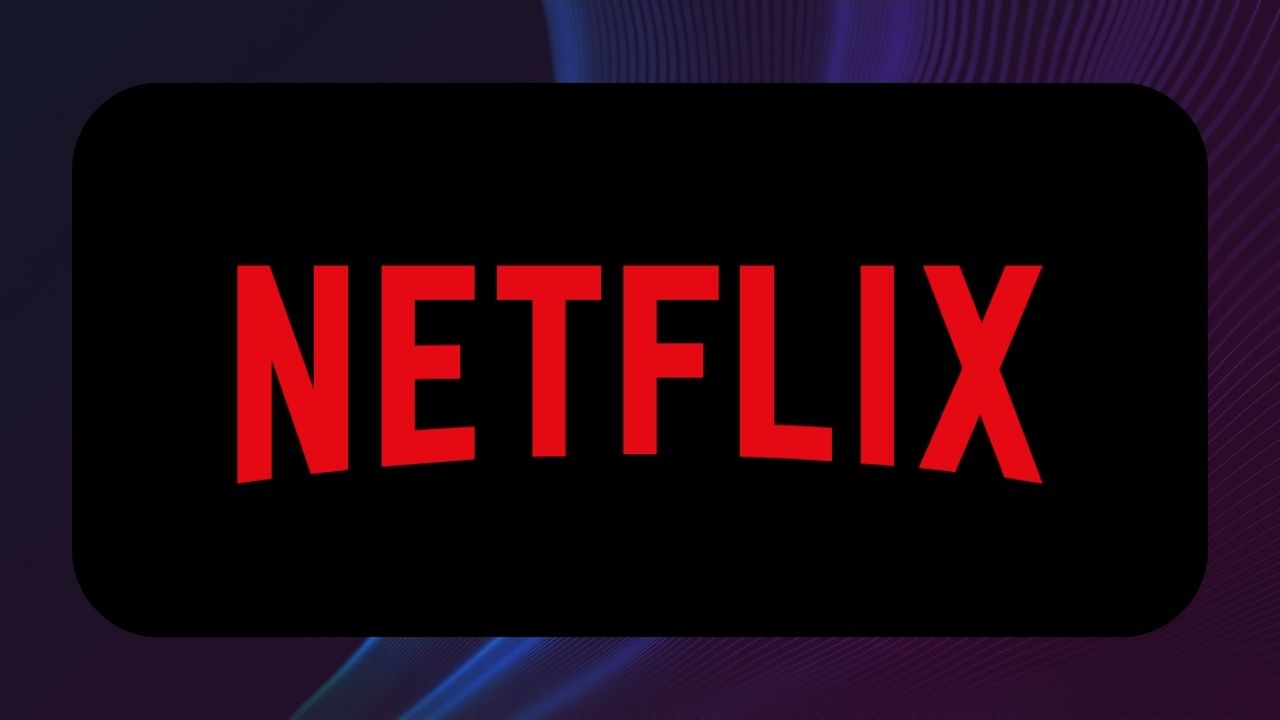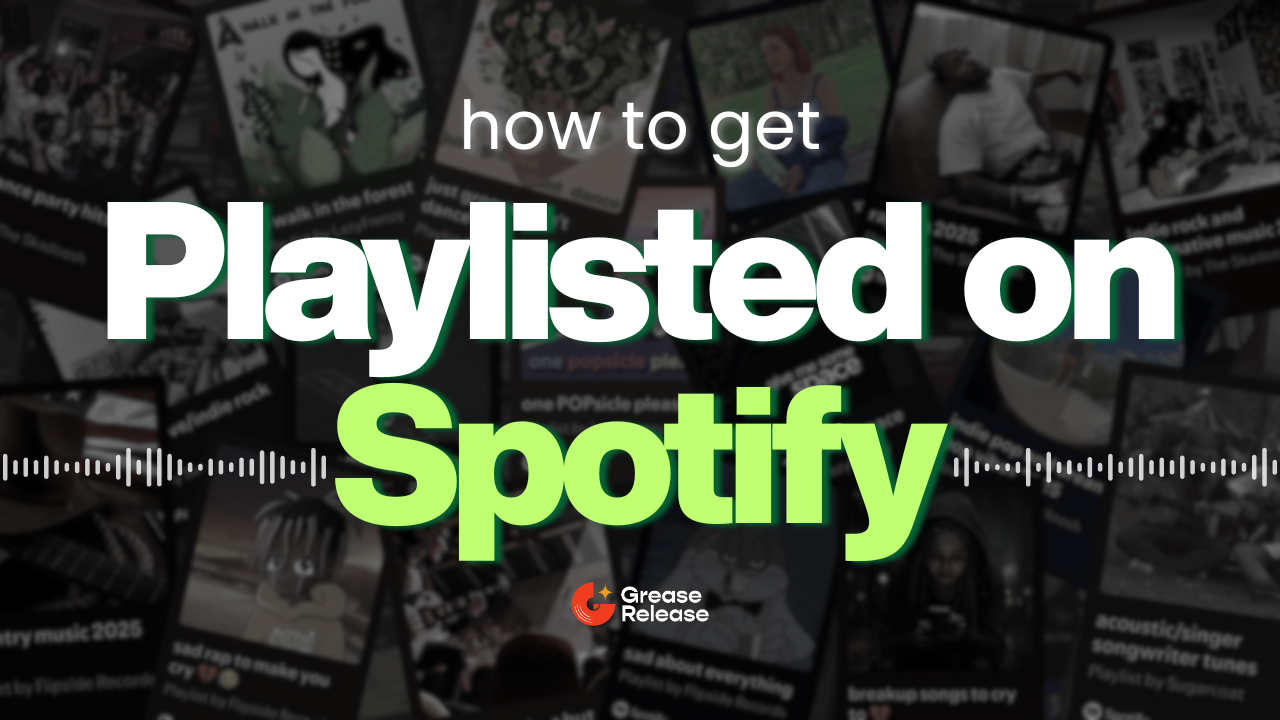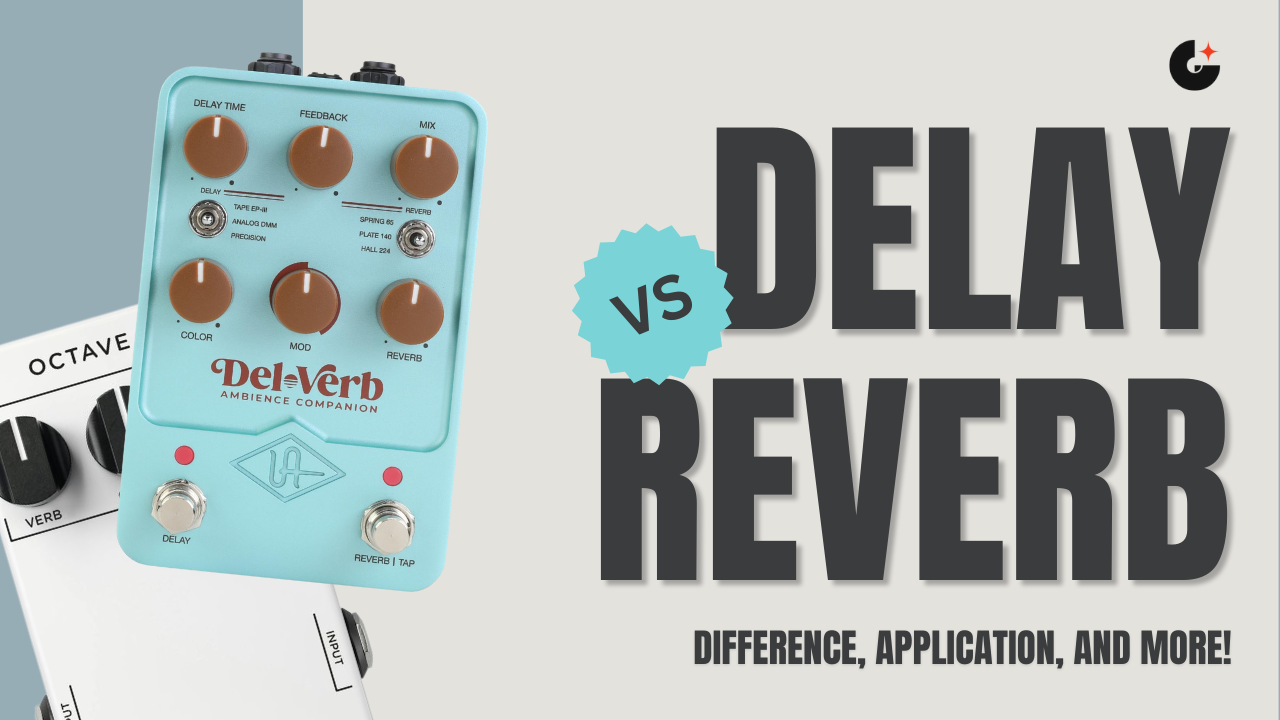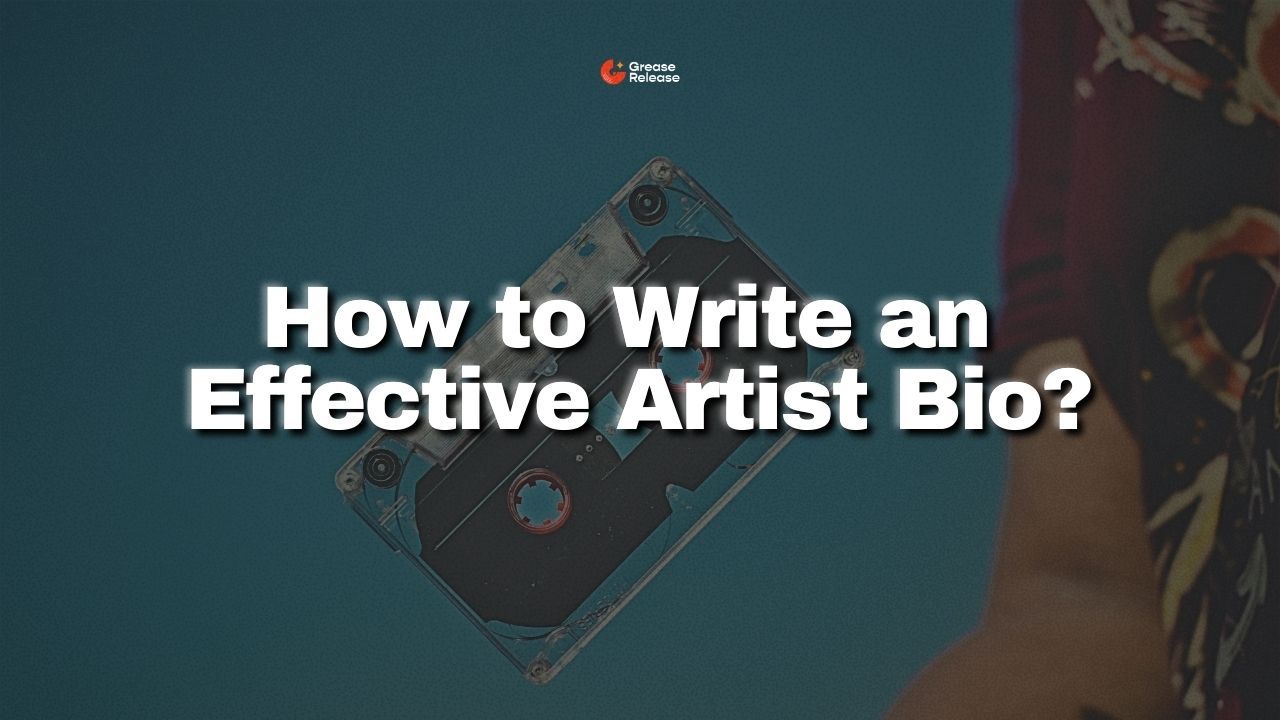
Music Metadata and Why It Is Important
Oct 06, 2025What Is Music Metadata? Why It Matters for Artists, Royalties, and Playlists
You gave it your all to make this song, came up with the perfect marketing and promotion strategy and still your song doesn’t show up on playlists, your royalties don’t trickle in, and worse, it lands under someone else’s artist profile.
Sounds frustrating, right? The culprit isn’t your music — it’s your music metadata.
If you’ve ever asked yourself, “What is metadata in music?” — think of it as your song’s passport. Without it, your track can’t travel anywhere. Let’s dig into why this invisible layer of data might be the most important thing you’ll ever manage in your music career.
In this blog, we’re breaking it all down:
- What Is Metadata in Music?
- Why Music Metadata Matters?
- Where Artists Go Wrong (And How Not to Be “That Artist”)
- How to Get Metadata Right
- Where and How to Add Metadata to Your Tracks
- FAQs
- Final Thoughts
What Is Metadata in Music?

Let’s define metadata simply: it’s the digital ID card attached to your song that tells the world what your track is.. Whenever you upload music to Spotify, Apple Music, or YouTube, metadata tells platforms and listeners exactly what they’re hearing.
Your song metadata includes things like:
- Track title (and no, “final_mix_v5.mp3” doesn’t count)
- Artist and featured artist names (spelt correctly, every time)
- Album title
- Release year
- Genre
- ISRC and UPC codes (unique identifiers)
- Songwriter and composer credits
- Copyright information
- Lyrics
In short, metadata for music is what ensures your track is correctly identified, searchable, and credited. Without it, even the best song risks disappearing into the digital void.
Why Music Metadata Matters
1. Your Royalties Depend On It
When it comes to royalties in music, nothing is more critical than accurate metadata. Streaming services, radio stations, and performing rights organizations rely on metadata to know who to pay.
If your data is incomplete or incorrect, your plays might get attributed to another artist, or worse, lost in the system altogether. Artists have missed out on thousands of dollars in music royalties simply because of bad or inconsistent metadata.
2. Better Discoverability
Ever wondered how platforms decide which playlist to put your song in? The answer lies in metadata. Correctly tagged tracks have a much better chance of landing on algorithmic playlists and reaching new fans.
Curators and listeners alike search by genre, mood, and keywords, which means your song metadata determines whether your music is found… or forgotten.
3. Sync Licensing Opportunities

Imagine sending your track to a Netflix music supervisor, only for them to see the file named “final-mix-v3.mp3.” Without metadata, they have no easy way to clear the rights, contact you, or even find the song again.
Accurate metadata makes your music sync-ready and vastly increases your chances of scoring placements in movies, TV, or commercials.
4. Preventing Disputes
Ownership splits can get messy. If metadata doesn’t properly credit everyone involved, disputes can arise, causing tracks to be pulled from platforms. Clean metadata ensures that everyone from songwriters to producers get the credit and royalties that’s agreed on.
5. A Better Fan Experience
Ever searched for lyrics and found nothing? That’s missing metadata. Fans crave connection; they want to know who wrote, produced, and shaped the music they love. Metadata gives them that story.
Where Artists Go Wrong (And How Not to Be “That Artist”)
Here’s where things often fall apart:
- Typos. (“Beyonce” with no accent is a different artist entirely.)
- Inconsistent names. (“TJ Jones” vs. “T.J. Jones.”)
- Missing codes (ISRCs/UPCs) that track streams and sales.
- Forgetting to mark a track as explicit or instrumental.
- Not updating metadata when splits, managers, or publishers change.
Small mistakes, big consequences.
How to Get Metadata Right
1. Be ruthless with consistency. Your name should look identical EVERYWHERE.
2. Lock in credits early. Don’t wait until release day to finalise splits.
3. Always use ISRC/UPC codes. They’re basically your song’s Social Security number and without these you don’t get paid royalties.
4. Follow formatting rules. Even punctuation matters to databases.
5. Update when things change. New manager? Re-release? Fix the metadata too.
Where and How to Add Metadata to Your Tracks
Okay, so you know metadata matters. But where do you actually put it? The good news: you don’t need to be a tech wizard.
1. Most music distributors like DistroKid, TuneCore, CD Baby, and Ditto walk you through metadata fields when you upload your release. That’s where you’ll enter details like your artist name, song title, ISRC code, splits, and copyright.
2. If you want metadata embedded directly into your audio files (so it travels with the track no matter where it goes), you can use software like MP3Tag, Kid3, iTunes, or even your DAW’s export settings to fill in the details before uploading.
This is especially useful if you’re pitching directly to music supervisors or sending demos; your file will carry your name, contact, and credits with it.
Here’s a video explaining Metadata in detail:
FAQs
1. What are the types of music metadata?
There are three main kinds of music metadata:
- Descriptive metadata: info like song title, artist name, album, genre, and lyrics. This helps listeners and platforms identify your track.
- Administrative metadata: release date, ISRC/UPC codes, copyright details, and distributor info.
- Rights metadata: splits, songwriter and publisher info, and performance rights data that ensures everyone gets paid correctly.
2. What happens if my music metadata is wrong or missing?
Incorrect or incomplete metadata can cause:
- Lost royalties (your streams might get credited to someone else).
- Tracks not showing up in search or playlists.
- Legal disputes over ownership or publishing rights.
- Rejections or confusion during sync licensing.
3. How do I fix metadata errors on Spotify or Apple Music?
You can’t edit metadata directly on streaming platforms, you’ll need to contact your music distributor (like DistroKid, TuneCore, or CD Baby) and request a metadata update or re-delivery. Always double-check your data before submission to avoid future issues.
4. How can I embed metadata into my music files manually?
You can use tools like MP3Tag, Kid3, iTunes, or your DAW’s export settings to embed metadata directly into audio files.
5. What’s the difference between ISRC, UPC, and ISWC codes?
- ISRC (International Standard Recording Code): identifies a specific recording of a song.
- UPC (Universal Product Code): identifies a release (like an album or single).
- ISWC (International Standard Musical Work Code): identifies the composition itself.
All three are crucial for royalty tracking and proper reporting across platforms.
6. Why is music metadata important for promotion and playlists?
Platforms like Spotify, Apple Music, and YouTube use metadata to categorize tracks by genre, mood, and style. Clean metadata increases your chances of being included in algorithmic and editorial playlists, boosting discoverability.
8. What’s a good music metadata checklist before release?
Before uploading, confirm you have:
✅ Correct song title and artist name
✅ ISRC and UPC codes
✅ Songwriter, producer, and publisher credits
✅ Copyright ownership and PRO registration
✅ Genre, language, and explicit/instrumental tag
✅ Consistent spelling and formatting
✅ Lyrics included
Final Thoughts
Music metadata may not be glamorous, but it’s the backbone of your career. It’s what ensures you get the music royalties you’ve earned, keeps disputes away, helps fans find you, and puts you on the radar of curators and supervisors.
So next time you upload a track, don’t just celebrate the mix. Ask yourself: “Is my metadata clean, complete, and correct?”
Because in today’s music world, the difference between obscurity and opportunity often comes down to something as simple as spelling your name right.
We at GreaseRelease, have a bunch of curators on our network who are looking for new & exciting music to push on their massive playlists. If you make music and want to reach a wider audience, check out our submission platform and get a chance to reach millions of listeners! Submit your tracks now!
Don't miss my newsletter!
Join me on a music entrepreneurship journey with new tips and tricks delivered straight to your inbox.
We hate SPAM. We will never sell your information, for any reason.




